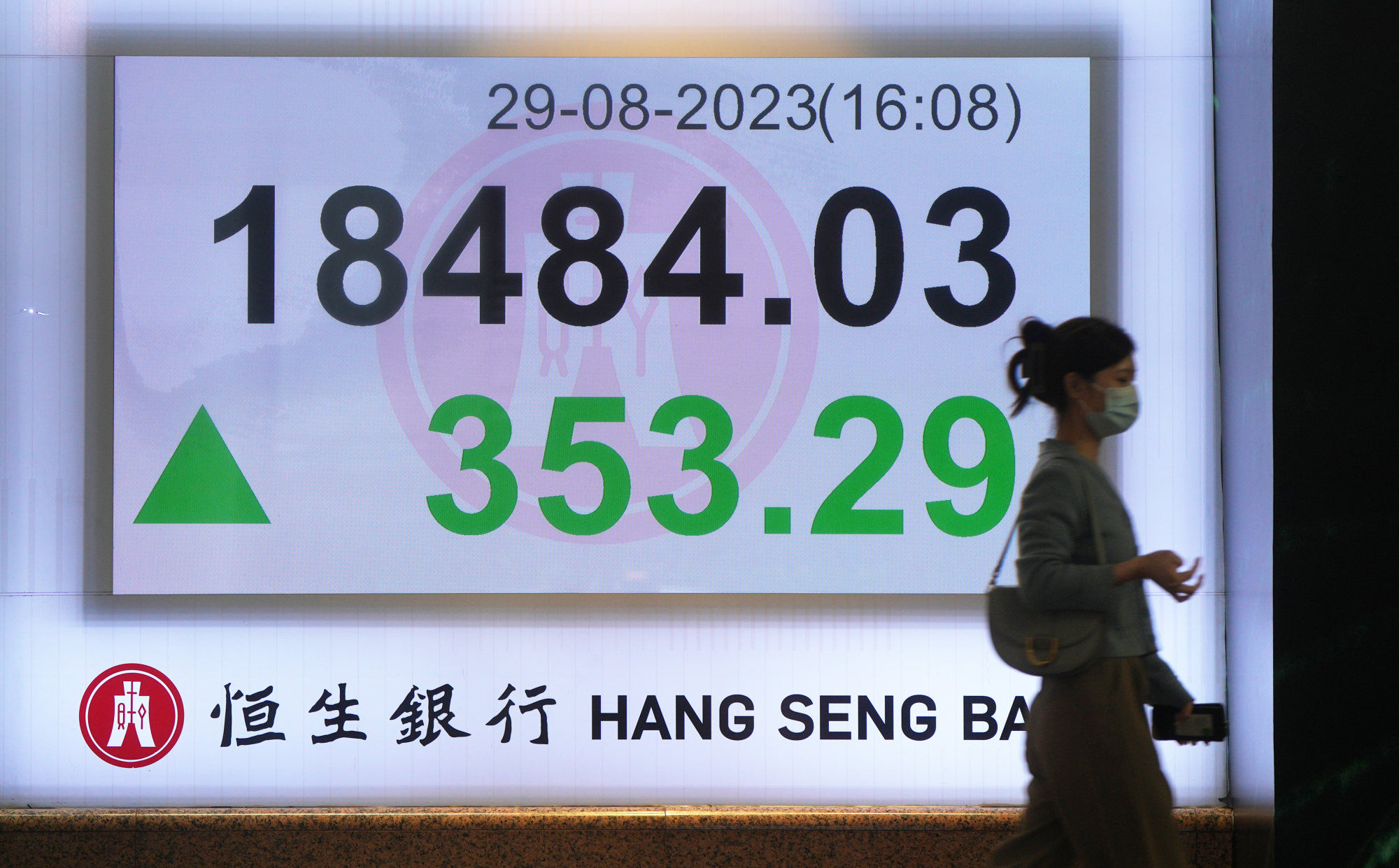
Sluggish Hong Kong stock market cries out for task force with holistic approach
- Team set up by Hong Kong financial secretary will not only consider business and finance, but also geopolitics and US-China tensions
Financial Secretary Paul Chan Mo-po has set up a 13-member task force to undertake a comprehensive review of the local stock market. Rightly, it has been tasked to look beyond the narrow issue of enhancing liquidity, but to take a holistic and comprehensive examination in scrutinising a broad range of issues including stock-listing rules, market structure and trading practices.
This is a more farsighted mandate than merely, for example, reducing stamp duty by following the mainland’s example.
The government has been looking at ways to enhance the city’s capital market and its position as a premier financial hub. As the stock market has taken a downturn recently, this is as good a time as any to launch such a review.
The city must explore new investment fronts and opportunities to expand and survive.

A hostile regulatory and political environment in the United States offers a great opportunity for the city to expand its market for initial public offerings; more Chinese firms listed in the US are expected to “come home” for a second or even primary listing. But as important as the IPOs, they represent but one segment of the capital market.
Hong Kong’s total stock market capitalisation represents only 27 per cent of China’s growth domestic product. Even including the market capitalisation of Shanghai and Shenzhen stock exchanges, the total still only amounts to 96 per cent of GDP.
By comparison, the New York Stock Exchange and Nasdaq have a combined market capitalisation equivalent to 170 per cent of the US GDP. There is much room for market expansion, not the least of which is to attract international listings from Southeast Asia and the Middle East.
Meanwhile, tremendous efforts have been made by authorities on both sides of the border.
Seen as a landmark in the internationalisation of the yuan, the so-called dual counter model allows investors to use offshore yuan funds to buy yuan-denominated shares listed on the city’s stock exchange. To boost overall local trading, mainland investors can buy Hong Kong stocks by using the yuan without having to convert it first into the local currency under the expanded Stock Connect.
New 13-member Hong Kong task force set up to help boost sluggish stock market
The new task force will comprise representatives and leaders from across the financial sector, including bankers, traders, ETF managers and mainland fund operators, as well as local officials. Carlson Tong Ka-shing, former chairman of the Securities and Futures Commission, will head the task force. In the past, such a team would only consider business and finance.
But Chan has rightly cited one important new factor, which is geopolitics. Hong Kong, after all, has been caught up in the rising tensions between China and the US. That’s a new risk that those in local finance must learn to live with.

